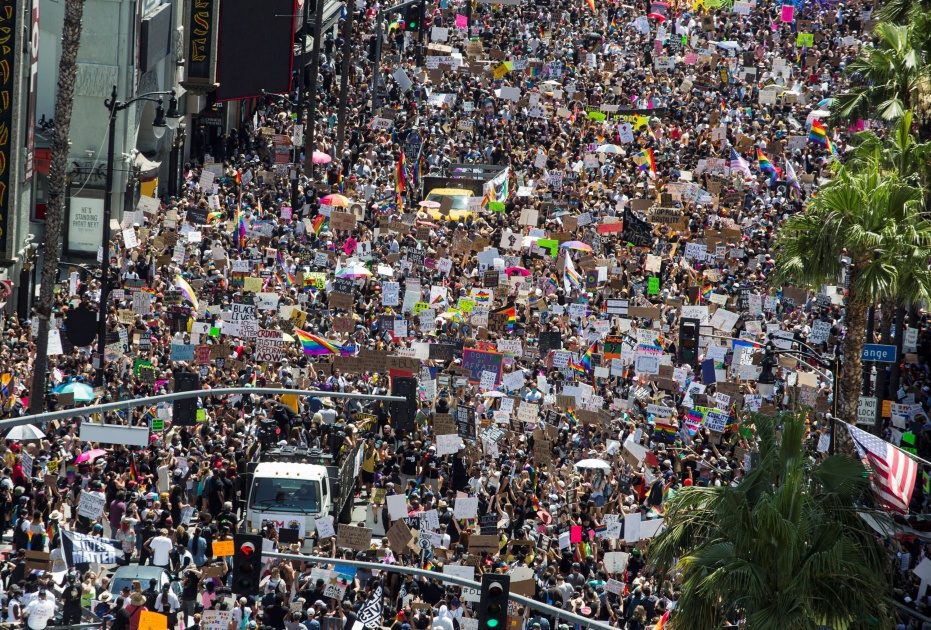A blunt explanation for why technology corporations — consumer facing ones, at least — are taking an unusually bold stand on racism is simply that they are following the public.
Public interest lawyer Bryan Stevenson has talked about how, even if the North won the legal battle for racial equality in 1865, the South won the “narrative war,” leading to the entrenched racism of today. The idea was also well-understood by figures like Andrew Breitbart, founder of the eponymous alt-right platform, who said that all politics is downstream from culture.
Both are pointing to the idea that culture shifts precede changes in large institutions — and if the cultural battleground is not won, institutional change will be hindered. In 2020, there has been a meaningful culture shift around racism.
“If someone’s interested in long term change, the most heartening thing that I’ve seen is polling,” said Mary-Hunter McDonnell, a professor at the University of Pennsylvania’s Wharton business school who studies corporate social activism.
“The movement has succeeded in problematizing the issue, in making people recognize the issue as a real, legitimate problem. You can’t even hope to start to think of solutions until you convince the people that a problem actually exists.”
Reputable polls have shown that the majority of Americans support Black Lives Matter, and the majority consider racial discrimination in the U.S. a “big deal” — significantly larger numbers than ever before. Millions of protesters have hit the streets from Maine to Oregon; white Americans, crucially, have been on the front lines, too.
The public is responding to a cascade of events: the undeniably abhorrent video of George Floyd’s death under the knee of a police officer, a string of unjust killings — Breonna Taylor, Ahmaud Arbery, Elijah McClain — and the infamous effort by Amy Cooper in Central Park to weaponize the police against a Black birdwatcher. All of this happened during a pandemic where people have more time to follow along and more pent up frustrations. All of this happened during an election year.
“The movement has succeeded in problematizing the issue”
A company’s values are shaped by the values of its leaders, investors, customers and workers. Yet even an amoral company that only cares about maximizing shareholder value has to consider the bottom-line impact of engaging or not engaging with a social uprising, said Jerry Davis, a professor of management and sociology at the University of Michigan.
“It’s not like there’s the ‘right answer’ to what’s the political stance [a company] should take,” he said, of companies making this kind of cold business calculation. “The right answer is what’s going to keep employees and customers onside.”
For companies to proclaim Black Lives Matter might just be cosmetic. But it is an indicator of which way the winds of public opinion are blowing if market-driven institutions feel they can — or have to — talk about racism.


